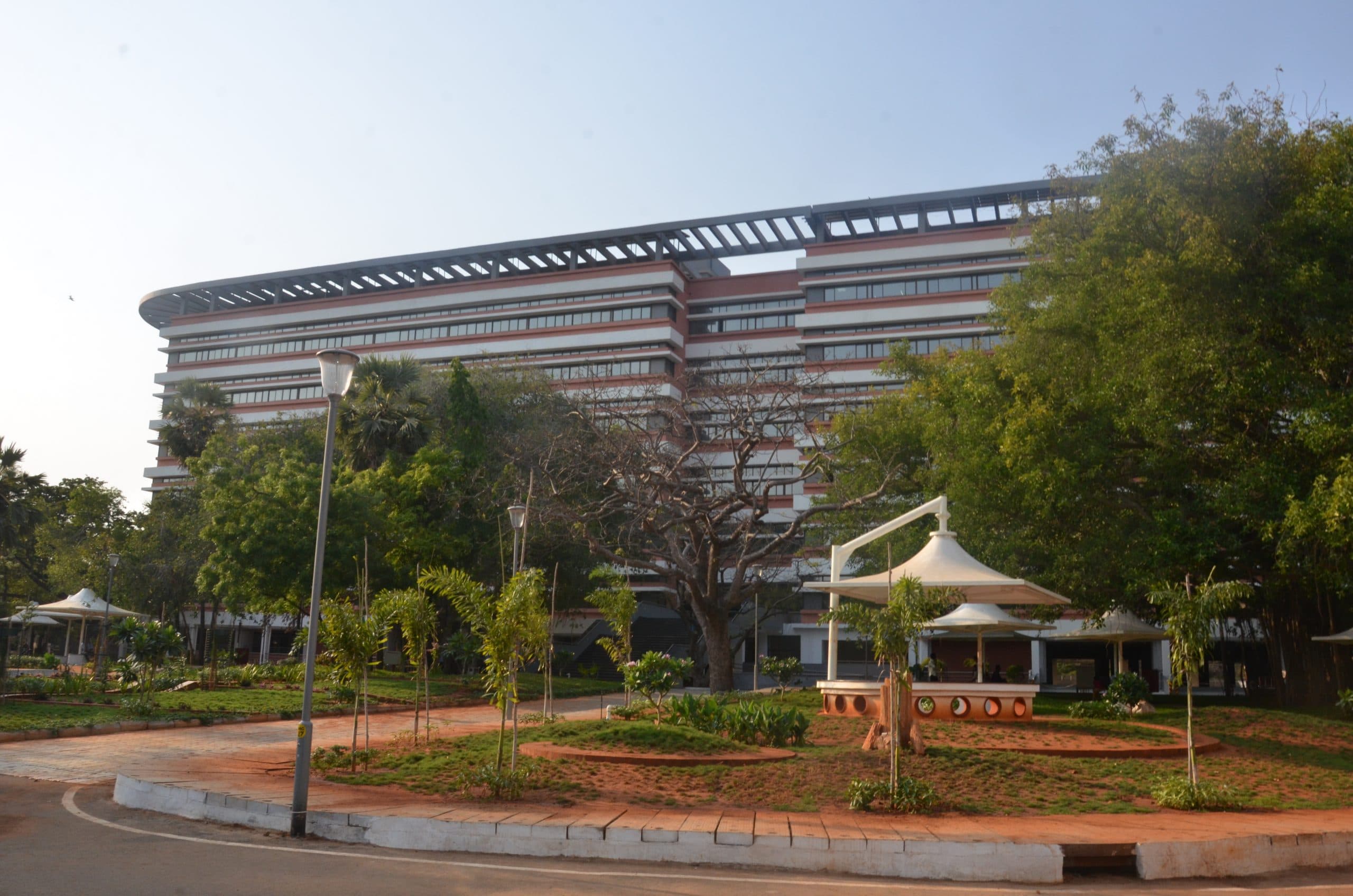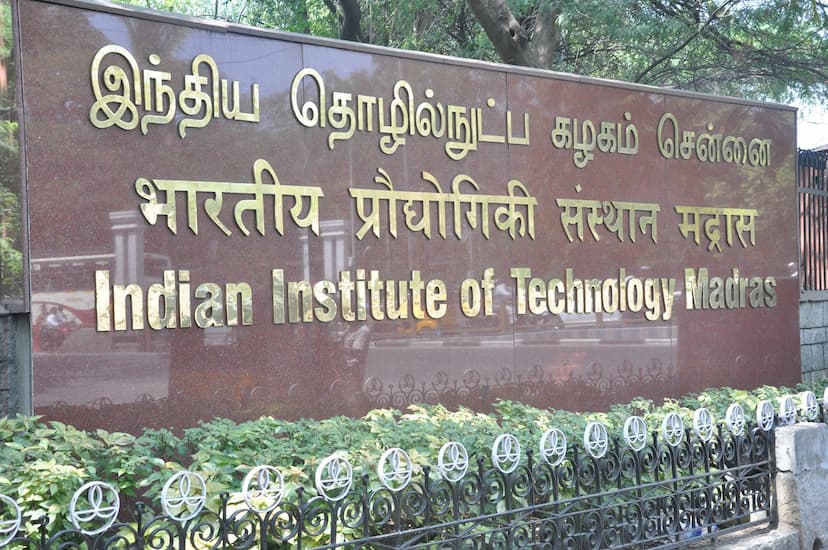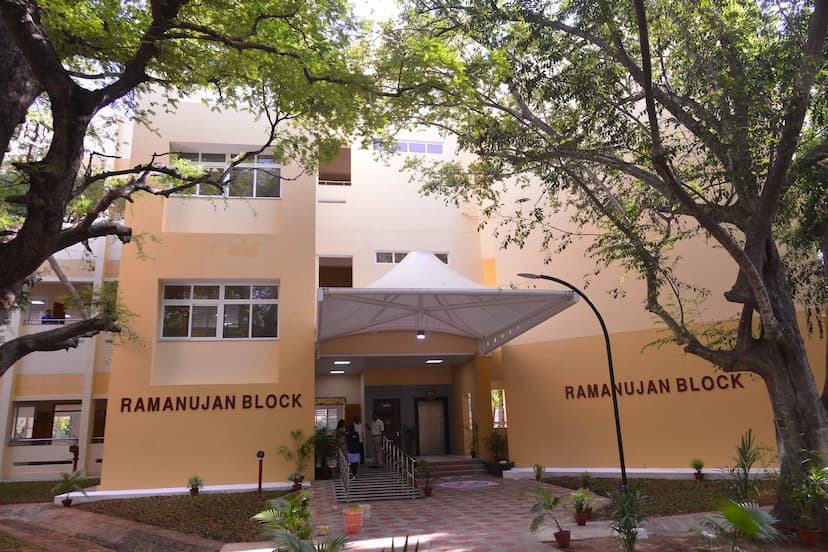IIT Madras researchers find great alternative source

IIT Madras researchers indentified a sustainable and high yielding alternative source for anti-cancer drug Camptothecin.
This novel microbial fermentation process can be an economically-efficient method of production to fulfil the market demand at large scale, say IIT Madras researchers.


IIT Madras researchers find great alternative source
More than a dozen derivatives and conjugates of Camptothecin are under various stages of clinical trials for anti-cancer applications, say IIT Madras researchers.
Camptothecin is an alkaloid isolated from the Chinese tree Camptotheca acuminata and the Indian tree Nothapodytes nimmoniana.
Nearly 1,000 tons of plant material is required to extract just one ton of Camptothecin.

Due to extensive overharvesting to meet the market demand both these plants are now critically endangered.
The N. nimmoniana population has seen more than a 20% decline in the last decade alone.
IIT Madras Researchers have now developed an alternative method of Camptothecin production to meet the demand and conserve the natural sources.

To this effect, IIT Madras researchers developed a microbial fermentation process that can be an economically efficient and sustainable method of production to fulfil the market demand at large scale.
IIT Madras researchers were led by Dr. Smita Srivastava, Associate Professor, Department of Biotechnology at IIT Madras.

Speaking about the work takenup by IIT Madras researchers Dr. Smita said the novelty of the work lies in the fact that unlike other potential microbial strains reported, this strain has been found to show sustainable production even beyond 100 generations.

The plan now is to use the isolated novel strain for the development of a microbial fermentation based sustainable bioprocess for large scale in vitro production of Camptothecin, preferably in collaboration with interested Industrial partner, said IIT Madras researchers.
Cancer is a leading cause of death across the globe and India does not remain an exemption to this, said IIT Madras researchers.
It is projected that by 2026, the new cancer cases in India annually would reach 0.93 million in male and 0.94 million in female patients, according to a study published in Asian Pacific Journal of Cancer Prevention.
The other members of the team of IIT Madras researchers are:
$ Professor Suresh Kumar Rayala, Professor, Department of Biotechnology, IIT Madras.
$ Mr. Khwajah Mohinudeen, PhD Research Scholar, Department of Biotechnology, IIT Madras
$ Mr. Rahul Kanumuri, SRF, Department of Biotechnology, IIT Madras.
$ Ms. KN. Soujanya, Researcher, School of Ecology and Conservation, University of Agricultural Sciences, GKVK, Bengaluru.
$ Ms R. Uma Shaanker, Professor, School of Ecology and Conservation, University of Agricultural Sciences, GKVK, Bengaluru.
Speaking about the applications of the work done by IIT Madras researchers, Professor Suresh Kumar Rayala of Biotechnology department at IIT Madras said preliminary investigations on breast cancer, lung cancer, ovarian cancer and colorectal cancer cell lines revealed that the microbial extract demonstrates a potent cytotoxic effect on lung cancer (H1299), ovarian cancer (SKOV3) and colorectal cancer (HT29; Caco-2) cell lines, comparable to the standard Camptothecin.

IIT Madras researchers from the Plant Cell Bioprocessing laboratory at IIT Madras have been able to successfully isolate the highest-yielding strain of Camptothecin reported to date with sustainable production up to reactor level, he said.
In addition to isolating a novel microbial source for bioprocess development for the large scale production of Camptothecin, we have also come up with a rapid screening technique for isolation of high Camptothecin yielding microbial strains from plants, say IIT Madras researchers.
Camptothecin, the third most in-demand alkaloid, is commercially extracted in India from the endangered plant, Nothapodytes nimmoniana.
Endophytes, the microorganisms that reside within plants, are reported to have the ability to produce host-plant associated metabolites.
Hence, this research aims to establish a sustainable and high Camptothecin yielding endophyte, as an alternative source for commercial production of Camptothecin, said IIT Madras researchers.
S Vishnu Sharmaa now works with collegechalo.com in the news team. His work involves writing articles related to the education sector in India with a keen focus on higher education issues. Journalism has always been a passion for him. He has more than 10 years of enriching experience with various media organizations like Eenadu, Webdunia, News Today, Infodea. He also has a strong interest in writing about defence and railway related issues.









